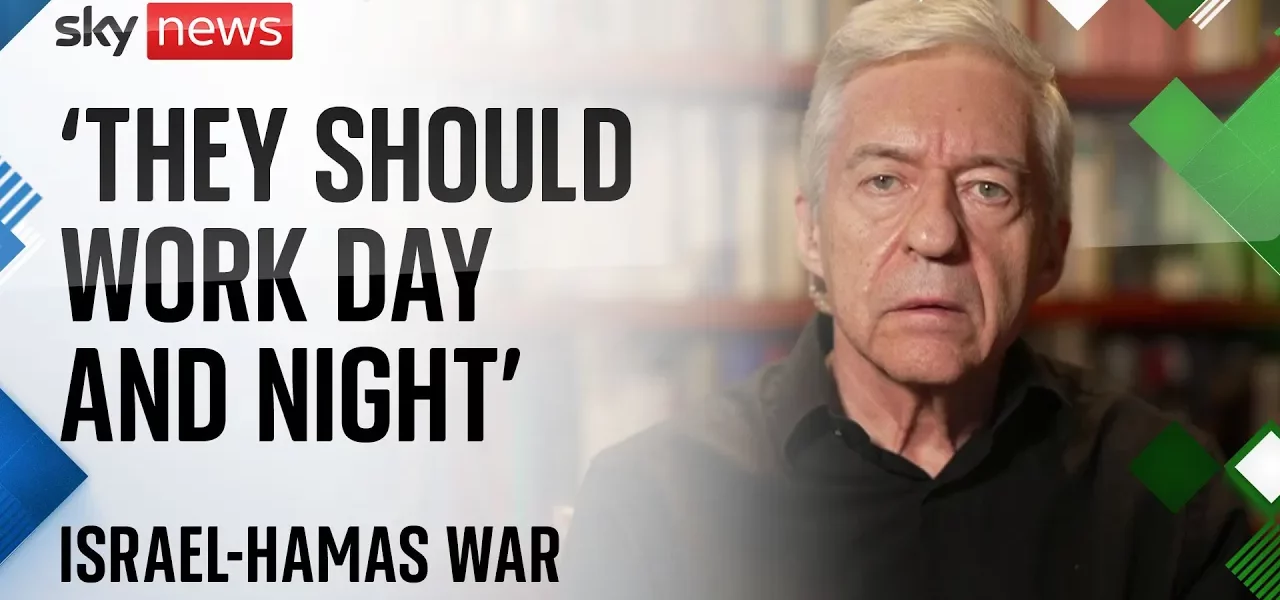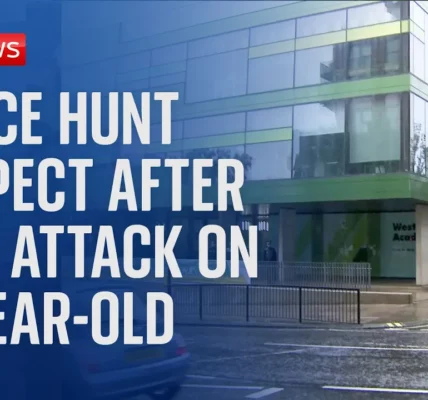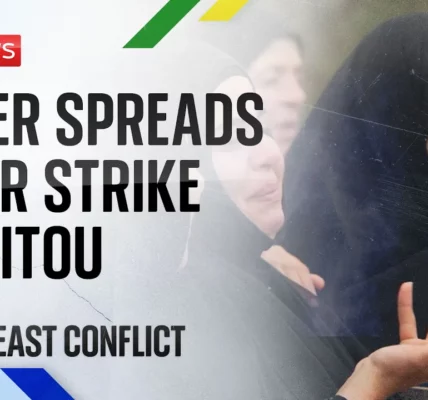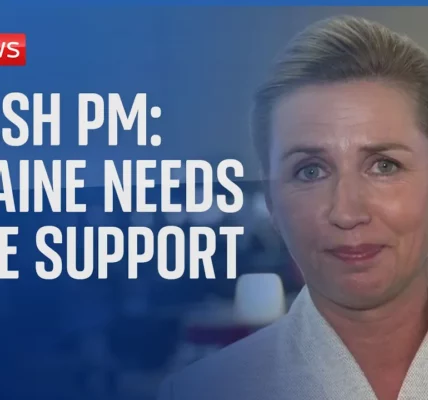Violence in the West Bank and Ceasefire Negotiations

In the midst of escalating tensions in the West Bank, the Israeli government condemns a violent attack by settlers while negotiations for a ceasefire and hostage release continue in Doha. This article provides an in-depth analysis of the situation, including expert insights from Yosi Balin, a former Israeli minister and negotiator of the Oslo Accords.
Introduction
The ongoing conflict between Israelis and Palestinians has once again come to the forefront with a recent violent incident in the occupied West Bank. Reports indicate that at least one Palestinian has been killed following an attack by Israeli settlers on a village. This incident occurs on the second day of critical negotiations in Doha, aimed at securing a ceasefire and facilitating the release of hostages. Amidst this backdrop, we explore the implications of these events and the prospects for peace, featuring insights from Yosi Balin, a seasoned negotiator with a wealth of experience in Israeli-Palestinian relations.
The Recent Violence in the West Bank
The attack by Israeli settlers has intensified the already fragile situation in the West Bank, where tensions run high. The Israeli government has condemned the violence, emphasizing the need for accountability and a cessation of hostilities. This section delves into the specifics of the incident and its repercussions.
Details of the Incident
According to eyewitness accounts, the attack involved a group of settlers who invaded a Palestinian village, resulting in violence that led to fatalities and injuries. The Israeli authorities have been called upon to address the situation decisively.
Government Response
- The Israeli government condemned the attack.
- There are calls for a thorough investigation into the incident.
- Pressure is mounting on Prime Minister Benjamin Netanyahu from various factions within the government.
Negotiations in Doha
The ongoing negotiations in Doha represent a critical juncture for Israeli-Palestinian relations. The talks are focused on achieving a ceasefire and the release of hostages, which are essential steps towards long-term peace.
Current Status of Negotiations
As reported, the Israeli delegation is expected to return from Doha after the conclusion of the talks. Yosi Balin notes that while the negotiations were scheduled to conclude, there is a commitment from both parties to resume discussions in the near future.
Key Considerations for Success
- Acceptance of President Biden’s plan by all involved parties.
- Immediate implementation of a ceasefire and the release of hostages.
- Continuous engagement and dialogue to prevent escalation of violence.
Expert Insights from Yosi Balin
Yosi Balin, who played a significant role in the Oslo Accords, offers valuable insights into the current situation. His experience in negotiating peace agreements highlights the importance of consensus and action in the face of violence.
Advice for Negotiators
Balin emphasizes that the parties involved must not only acknowledge existing plans but also take decisive action to implement them. He believes that waiting for a week to continue negotiations may hinder progress.
Impact of Internal Pressures
Internal pressures within the Israeli government, particularly from right-wing factions, could complicate the negotiation landscape. Balin calls for a comprehensive response from the Israeli military and government to address the root causes of violence and ensure accountability.
Conclusion
The recent violence in the West Bank underscores the urgency of achieving a ceasefire and addressing the humanitarian crisis faced by civilians on both sides. As negotiations continue in Doha, there remains cautious optimism for a resolution. The insights from Yosi Balin highlight the critical steps needed for all parties to move towards peace. It is imperative for stakeholders to engage meaningfully in dialogue and take necessary actions to prevent further loss of life. We encourage readers to stay informed and support efforts aimed at fostering peace in the region.
“`




